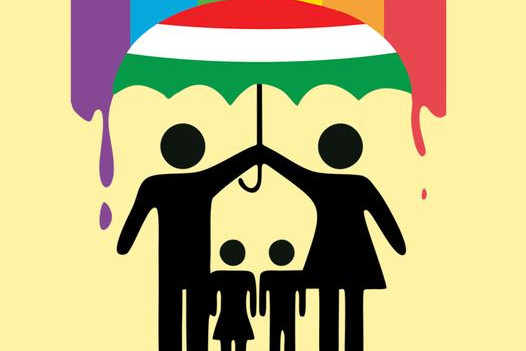The Mathias Corvinus Collegium (MCC) organized a discussion conference in Brussels, the central theme of which was the role of gender in education and family policy.
One of the speakers at the conference, Natália Borza, was a lecturer at the Department of International Studies at Pázmány Péter Catholic University, who analyzed the online debates about the book Meseország Meninkié. He emphasized that the groups supporting gender education argued, among other things, that "this trend should be loved because what is new is good", but they did not attach importance to "what value the new has".
"The danger of this is that they do not take into account whether the innovation will be beneficial or detrimental to society. It is also a risk factor that what is new today will be old tomorrow and cannot provide permanent values to society," he pointed out. He added: another larger group supporting gender education placed the issue of tolerance at the center and "expects a general culture of acceptance as an all-encompassing attitude, without specifying what actually needs to be tolerated."
The university lecturer also said that the groups opposing gender education argue that the family is a value based on millennial traditions, and anything that deviates from this cannot maintain the same society that has been proven to work well so far. "The same group also relies on biological arguments, according to which if reproduction does not work, then the family will not survive, and if the family does not survive, neither will the nation," he added.
Another speaker at the event, Ashley Frawley, guest researcher at MCC, spoke about the need for open debate and consensus in pluralistic societies regarding such an important topic as gender identity, but extreme gender activists are unable to do so, and there are no counterarguments for them.
He added that extreme gender trends are infiltrating society, and the traditional family is seen as an obstacle to their rise.
"Thus, all kinds of family policy, and all countries that wish to pursue family policy, are backward. And I don't think that's the case. I think family cohesion is something that is important to most people. And if we want a good family policy, we have to think about the relationships between family members, not just individuals," emphasized the MCC guest researcher.
MTI













